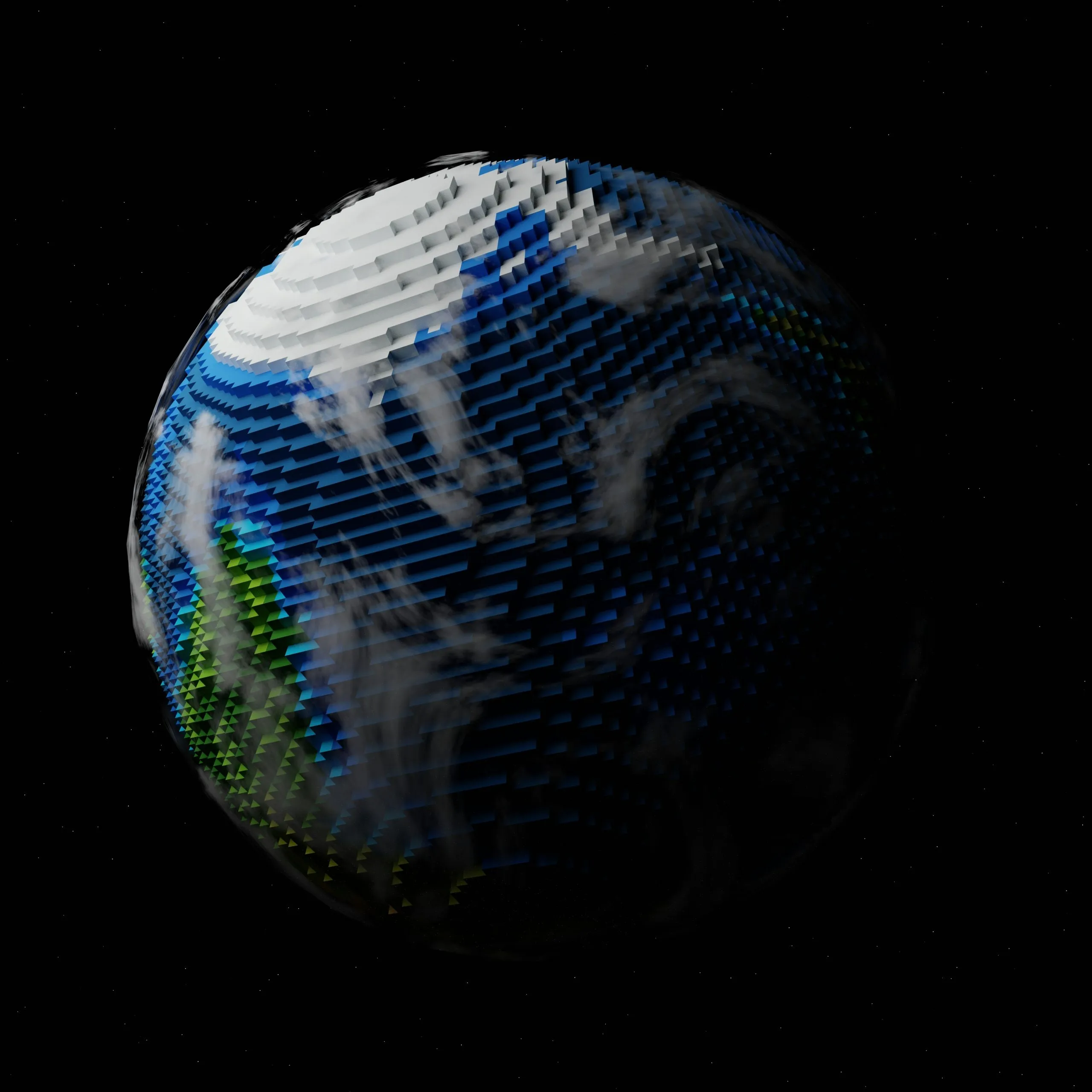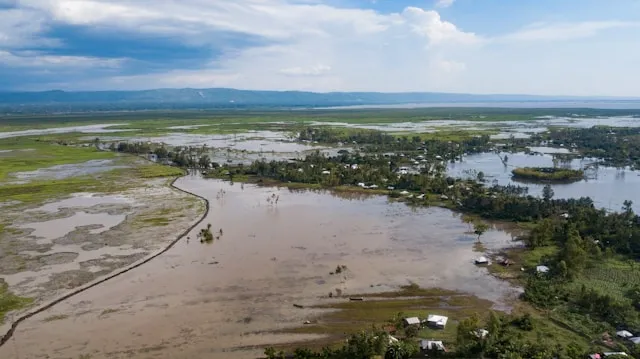Tackling Food Insecurity with ThinkingEarth

In response, ThinkingEarth’s Use Case 3, led by the Universitat de València in partnership with the World Food Programme (WFP), explores how causal machine learning can shed light on how these climate and socioeconomic factors interact to affect food security.
The team is working on a new approach that combines Copernicus satellite data, socioeconomic indicators, and food security metrics like the Food Consumption Score (FCS) and the Reduced Coping Strategies Index (rCSI). The goal is to move beyond descriptive analysis and toward understanding cause and effect—for example, how a drought leads to reduced food consumption, or how changes in market access affect coping strategies over time.
By using causal machine learning and modern data representation techniques, this use case aims to:
- Learn patterns from multisource data that reflect real-world food security conditions,
- Quantify the impact of climate events and socioeconomic changes on food availability and stability, and
- Support smarter interventions, especially in regions where on-the-ground data is limited or outdated.
This approach could help humanitarian actors like WFP not only assess risk more accurately, but also evaluate what works—which interventions are likely to help and where aid can be most effective. It also opens the door to greater transparency and accountability, showing both donors and communities the impact of their efforts through explainable, data-driven insights.
This month ThinkingEarth will be collaborating with CENTAUR, focusing on food insecurity and how the two projects are tackling this.
See more on Use Case 3 with our infographic.
Share
Read next

From Earth Foundation Models to ThinkingEarth

How Thinking Earth helps biodiversity monitoring in urban environments

Consistent Flood Mapping and Forecasting with ThinkingEarth


